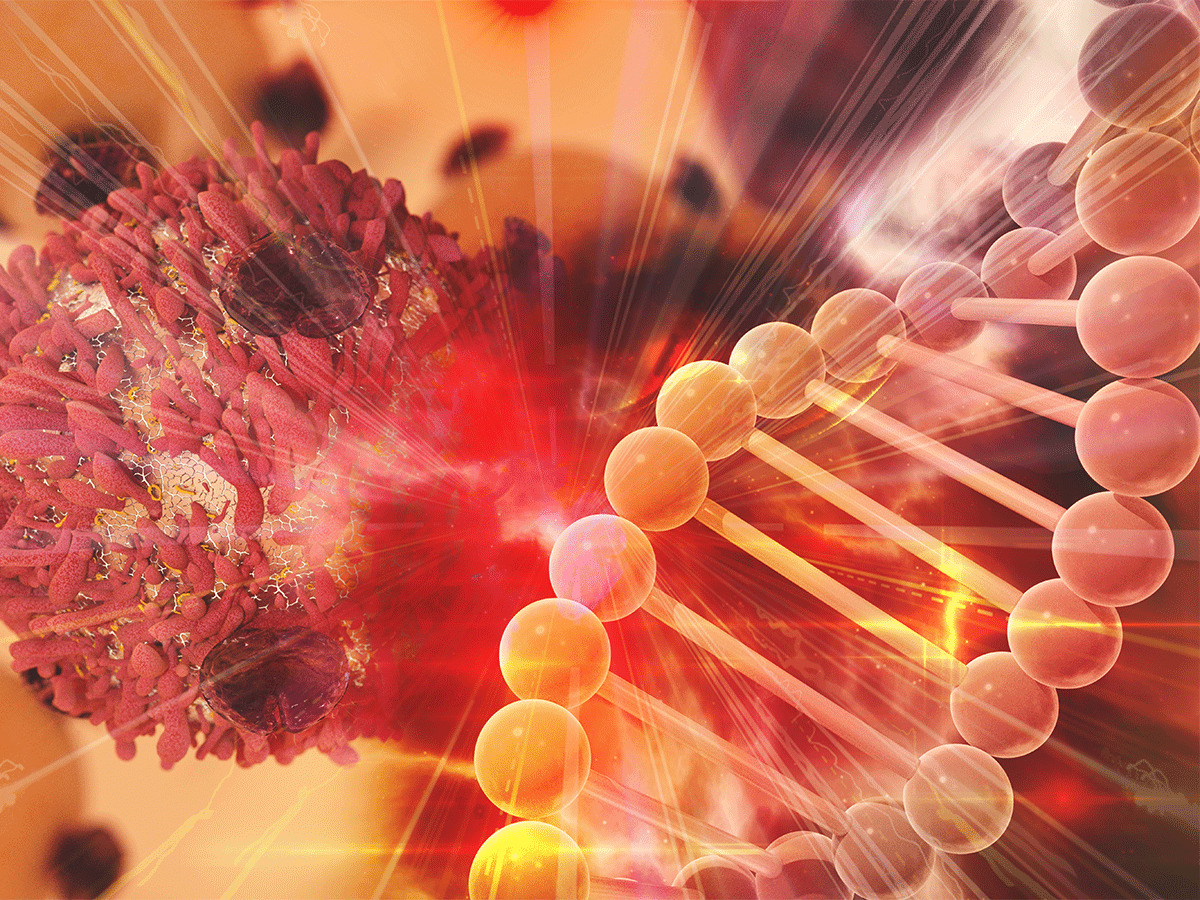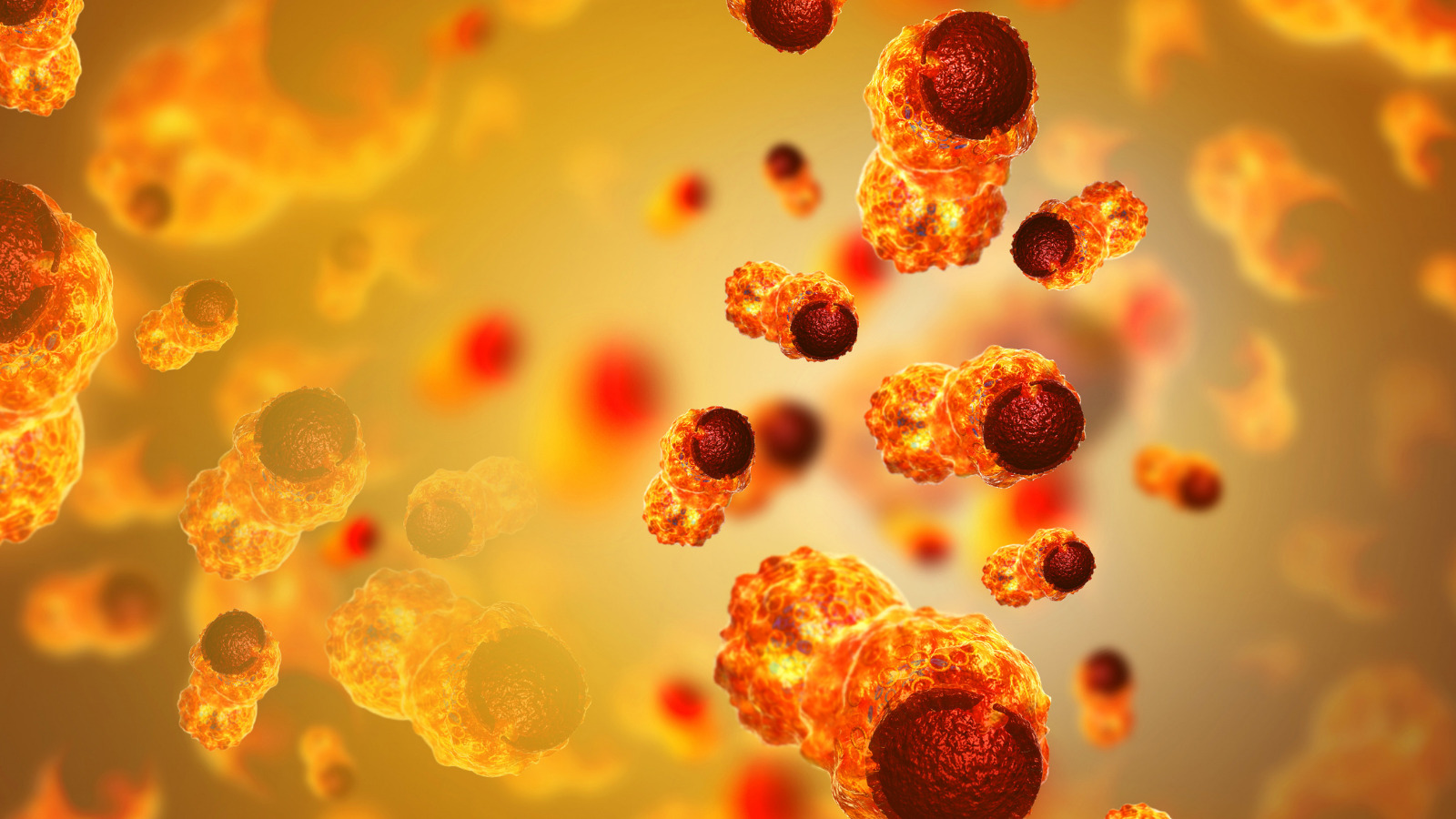Cancer arises from genetic changes within our cells, primarily through two types of alterations: somatic mutations, which involve changes in the DNA sequence, and copy number alterations, which refer to changes in the number of gene copies.
Although it was known that these alterations contribute to cancer, there was a need for systematic studies to understand their combined effects on the same gene in the same individual. Recent research has made significant strides in this area, revealing intricate interactions between these genetic changes in cancer progression.
Researchers at IRB Barcelona have discovered that cancer progression is significantly influenced by the interplay between gene copy number alterations and mutations.
Their study, published in Nature Communications, confirms that a decrease in gene copy number is often associated with mutations in tumor suppressor genes, impairing their protective functions. Conversely, an increase in gene copy number is linked to more oncogene mutations, driving cancer development.
Unexpectedly, they also found that an increase in gene copy number can be associated with mutations in tumor suppressor genes and a lower copy number can be linked to more oncogene mutations, demonstrating paradoxical patterns in cancer genomes.

The researchers, including Dr. Elizaveta Besedina and Dr. Fran Supek, have provided new insights into the complex roles of genetic alterations in cancer. This research challenges the traditional view of how these interactions occur and suggests that important cancer-causing events might have been overlooked.
Their findings highlight the importance of considering both increases and decreases in gene copies as significant drivers of cancer evolution, thus opening new avenues for potential cancer treatments targeting tumor suppressor genes.
A key aspect of cancer development is the concept of “second-hit” events, where a mutation occurs in conjunction with another genetic alteration, such as a copy number change. This combination amplifies the effects of individual alterations, significantly increasing cancer risk.
The researchers focused on these “second hits” involving somatic mutations, discovering their common presence across various cancer types. They developed a novel method called MutMatch to study these combined effects, analyzing genetic data from around 18,000 tumors to identify patterns of genetic changes.
This research provides a roadmap for future studies in cancer genetics by exploring the interactions between different types of genetic changes. It enhances our understanding of cancer development and progression, potentially leading to more effective treatments.
By identifying new therapeutic targets, including overlooked tumor suppressor genes, this knowledge could guide the development of new cancer drugs or the repurposing of existing ones.
Additionally, understanding the diverse genetic landscapes of tumors could help in stratifying patients into precise subgroups, thereby improving personalized treatment approaches and identifying new patient groups that might benefit from current therapies.
